
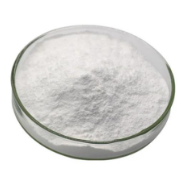
Name: Sodium bicarbonate CAS No.: 144-55-8 Appearance: White powder or opaque monoclinic system fine crystals Molecular formula: CHNaO3 Molecular Weight: 84.01 Melting point:>300 °C(lit.) PACKAGE:25KG/BAG
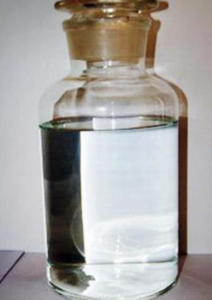
Name: Dichroromethylvinylsilane CAS number: 124-70-9 Molecular formula: C3H6Cl2Si Molecular weight: 141.07 EINECS number: 204-710-3 Mol file: 124-70-9.mol
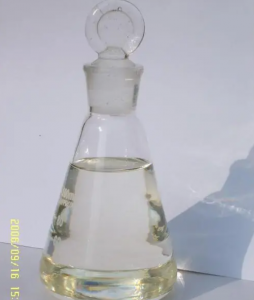
Name: Vinyltrimethylsilane CAS number: 754-05-2 Molecular formula: C5H12Si Molecular weight: 100.23 EINECS number: 212-042-9 Mol file: 754-05-2.mol
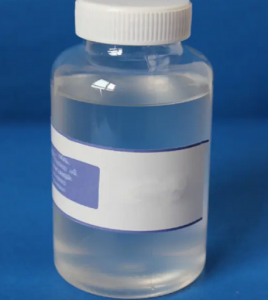
Name: Ethoxydimethylvinylsilane CAS number: 5356-83-2 Molecular formula: C6H14OSi Molecular weight: 130.26 EINECS number: 226-341-7 Mol file: 5356-83-2.mol
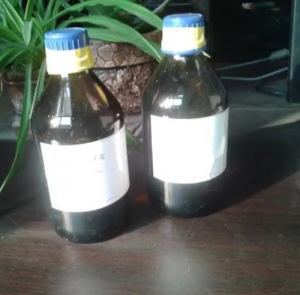
Name: CHLORODIMETHYLPINYLSILANE CAS number: 1719-58-0 Molecular formula: C4H9ClSi Molecular weight: 120.65 EINECS number: 217-007-1 Mol file: 1719-58-0.mol
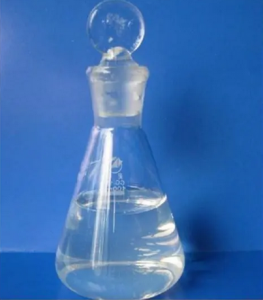
Name: 1,1,3,3-TETRAMETHYL-1,3-DIVINYLDISILAZANE CAS number: 7691-02-3 Molecular formula: C8H19NSi2 Molecular weight: 185.41 EINECS number: 231-701-1 Mol file: 7691-02-3.mol

From May 17 to 19, 2024, the 25rd China International Agrochemical and Plant Protection Exhibition, the 25rd China International Agrochemical Equipment and Plant Protection Equipment Exhibition, and t...
The main component of monosodium glutamate is the sodium salt of glutamic acid, which is also the trade name and common name of sodium glutamate, also known as flavor powder, Ajinomoto, sodium glutamate, sodium glutamate, a kind of umami agent. The chemical formula is C5H8O4NNa, the molar mass is 169.111 g/mol, and the melting point is 232 °C. Usually white crystal or powder, odorless, light stable. It can stimulate the taste buds and increase the umami of food, especially meat and vegetables, and is often added to soups and meat products. The direct nutritional value to the human body is small, but the glutamic acid it provides can combine with blood ammonia to play a detoxification effect, and is clinically used for the treatment of patients with hepatic coma. Glutamic acid has two acidic groups, and the monosodium salt of glutamic acid has an umami taste. There is no toxicity problem under the general dosage conditions, and the LD50 of mice is 16200 mg/kg.
The freshness of monosodium glutamate is extremely high, and it can still be discerned when dissolved in water 3000 times, but its umami taste can only be revealed when it coexists with table salt. Therefore, it is not advisable to put MSG in dishes without table salt (such as beets). When using MSG, you should also pay attention to the temperature and dosage. The optimum temperature for dissolution is 70°C to 90°C. If the temperature is too high for a long time, monosodium glutamate will become sodium pyroglutamate, which not only loses its umami taste, but also produces a slight toxin. In addition, monosodium glutamate is an amphiphilic molecule, and in alkaline solution, it will be converted into disodium glutamate, an alkaline compound with no umami, and has an unpleasant odor. When the solution is acidic, it is not easy to dissolve and has a certain inhibitory effect on the sour taste. Therefore, when the dishes are acidic or alkaline, MSG should not be used (such as sweet and sour dishes). It is not suitable or should be less MSG in dishes with excellent raw materials (such as scallops, ham, etc.) or dishes made with high-grade clear soup (such as clear soup agar-agar).
 online service
online service +8613866722531
+8613866722531 pweiping@techemi.com
pweiping@techemi.com pweiping
pweiping +8613866722531
+8613866722531